Before you can do anything, you must first examine what success looks like for you.
I wanted to share a talk I gave recently in Toronto at FITC titled Creating A Great Career. Nothing that I talked about in this presentation is easy. Hopefully it was easy to understand, but even though the concepts are simple, the actions to make them happen can be extremely complex. So, like I told the crowd in Toronto, thank you for taking this difficult journey with me!
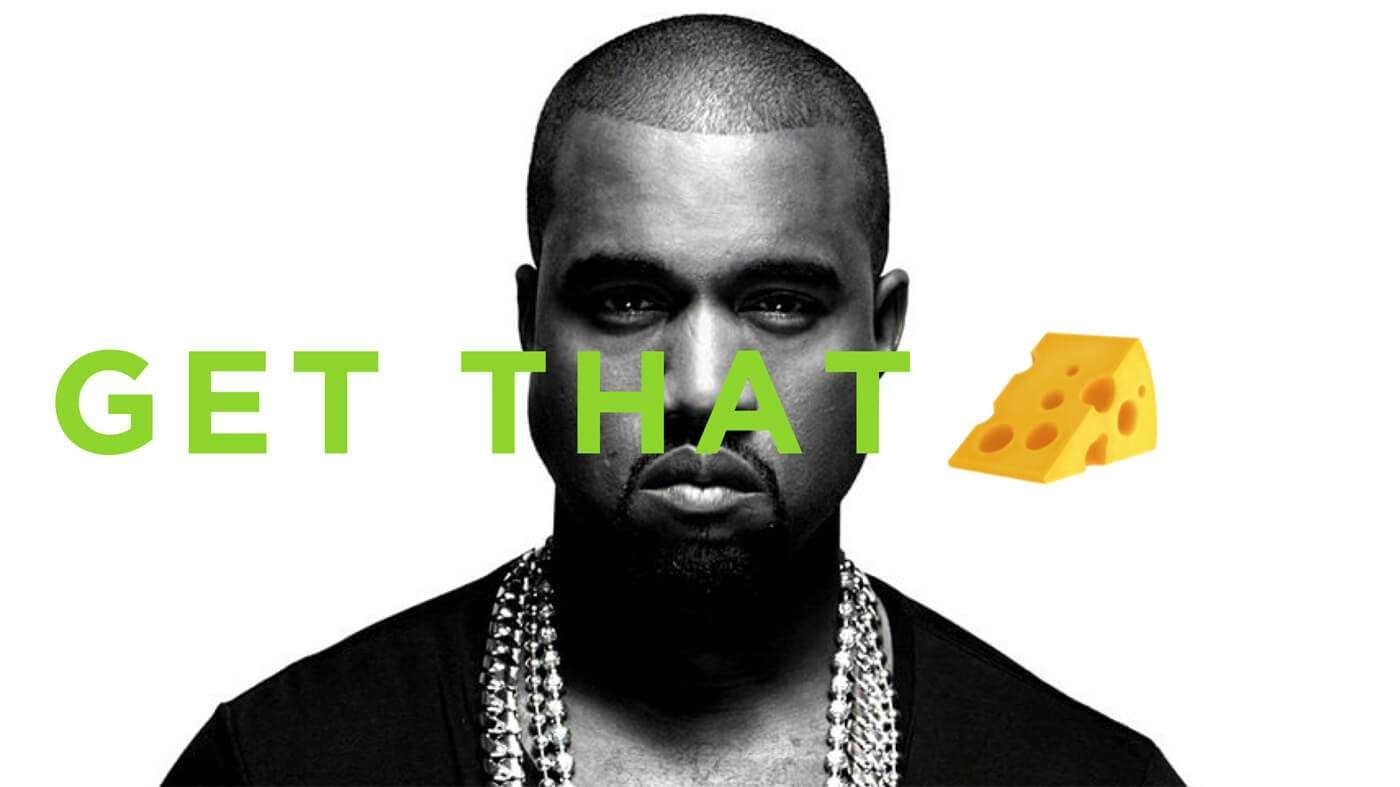
Let's start at the beginning. I read a book called Start With Why by Simon Sinek and it helped me figure out my Why, which is to create great experiences. This breaks into three views. The macro view - this is the big goal of where we aspire to go. I had a goal of becoming a creative director by age 30. I never thought past that and it wasn't about the job. It was about the recognition of a deserving title. Now I'm working on growing a digital media agency: Metajive. There's the medium view - your job, your projects, what are you working towards? How can you help your company/project in the bigger picture? Then there is the micro view - the day to day. What do you work on at work? How do you feel going to work? Who are these people you're with all day? Are you bored?

I hope to share some tips that help you at each of your three stages, and here is the best tip of all - before you can do anything, you must first examine what success looks like for you. Here is a high level outline of where I think you can zero in and start making positive changes. I hope to share some tips about, yes, getting that cheddar. I wholeheartedly believe this is the least important thing on the list, so first, let's at least look at how you think about getting money.

Provide Value: You should also be looking at how you provide value for your company and your clients. Nothing can help your career rise faster than knowing how your contribution to a project helps everyone involved. Another major key: Seek excellence. Seeking excellence is so much easier said than done, because excellence is hard. It's time consuming. Kaizen is the Japanese act of constant improvement, this is one of the biggest differentiators I find in both designers and developers. People who are willing to put in some effort and learn outside of their job always outperform. Find Joy: Nobody wants to go to a career that they hate every day. I assure you, no amount of money is worth that. This is not a follow your passion talk, this is a find passion in what you do talk. Let's change the framework. And let's dive deeper into what I mean.
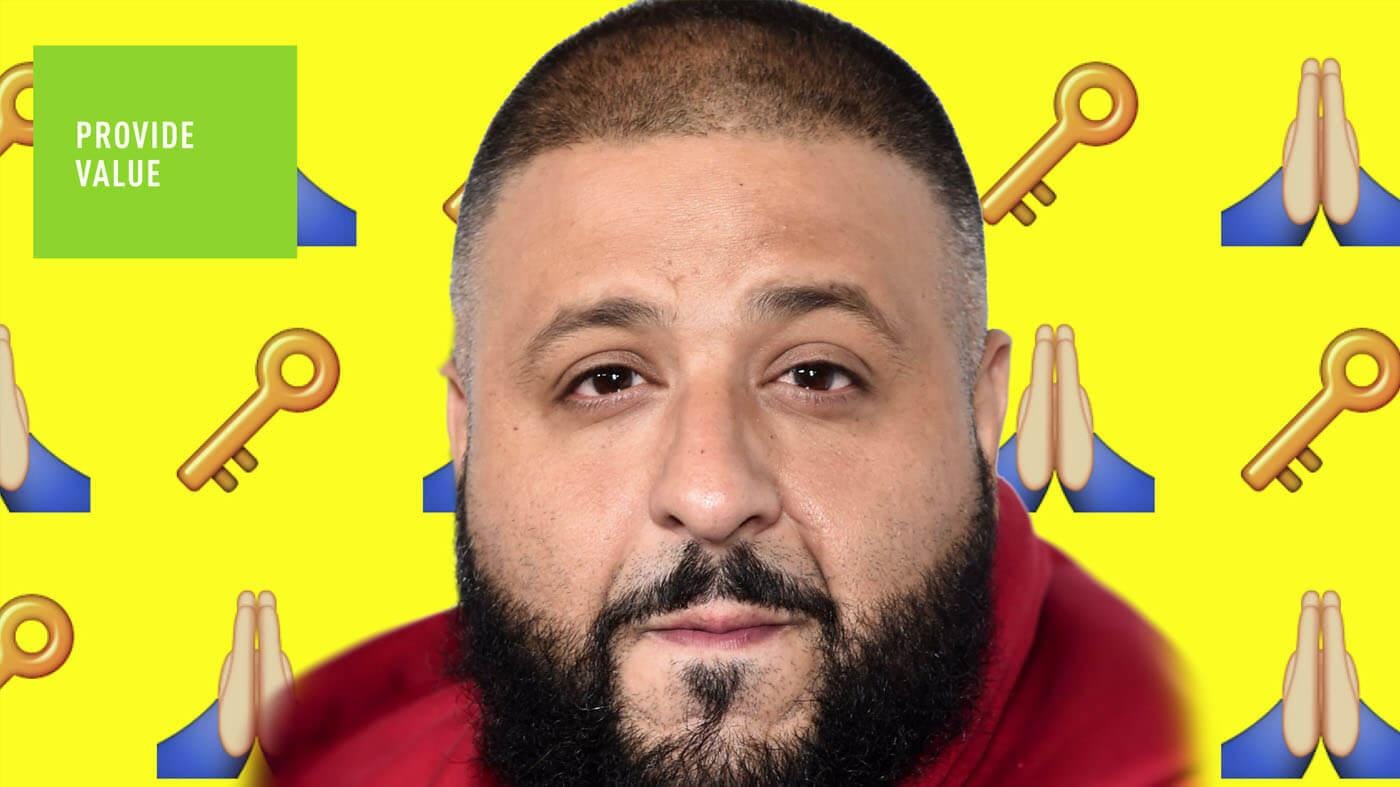
Provide Value
Set the agenda: tasks are steps to a bigger goal, try to find out what that goal is an as many steps in between. As designers and developers we are often assigned tasks like "make this landing page." It's almost impossible to add value without understanding the goal. Making a page have cutting edge design that has a lower conversion rate hurts the project and is not likely to get you repeat business. You also have to speak the language of your boss/client/partner. Anytime you are selling or negotiating, you have to express why you are adding value, and to do that you need to understand where the other party gains value. "We can spend more time designing this landing page, it will be more effective, you will get more email signups." When you are meeting the business objectives, you have a lot more latitude with your craft. It's also important to remember: it's not about you! I regularly have people ask for money in negotiation because of the high cost of living in San Diego. I had someone try to negotiate a really high salary because they had a lot of personal expenses. These reasons don't make sense to raise their dollar figure. There are plenty of things someone can say to justify a higher salary, but your personal expenses are not one of them.

People often look at things like making meeting agendas as an administrative task, but this is actually where the power is. If you set the agenda, you set what you talk about and let the decision makers see things through your point of view. If it's their idea for you to execute what you want, that's a huge win. Another way to provide value is to take really good notes. I have a formula for notes: meeting time and date, who was there, then 4 categories - action items, decisions made, outstanding questions and key information shared. Yet another way to provide value: Learn to pitch. Everyone at a design agency is in sales and you have to sell your ideas. When you are representing your company you have to be constantly explaining to your client the value you they are paying for - sales can be treated as a dirty word, but explaining the benefits of what you do can and should be honest and authentic. And remember, when you are defending your ideas, you get one shot to disagree with the client. If you aren't able to change their mind, it's time to move on.
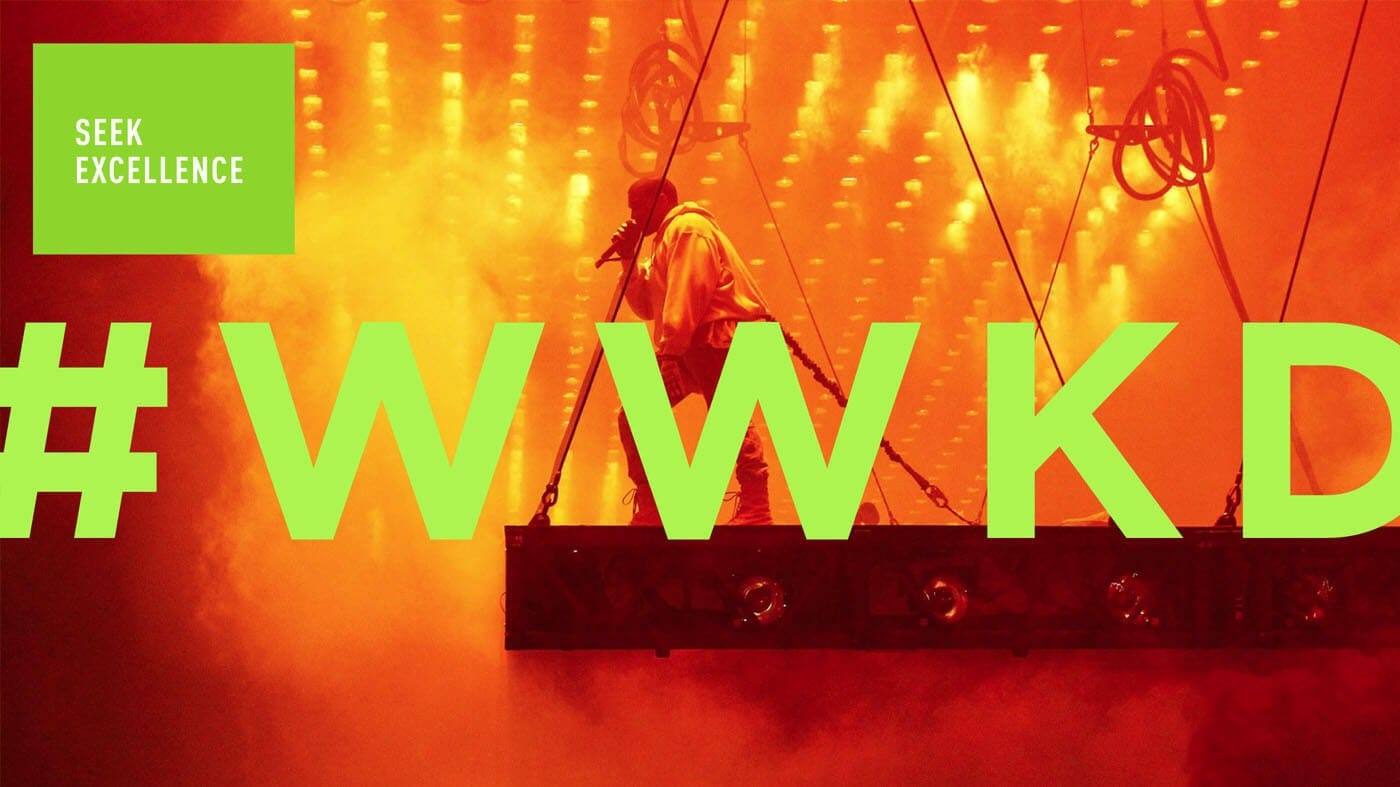
Seek Excellence
I am a believer in the power of the mind. Someone recently said to me "I don't think you can do yoga wrong, but I think you're doing it wrong." This came as I told them about my most recent business trip where I unlocked #KANYEMODE. I had two particularly big meetings in one day and I needed to get headstrong. So when it got difficult, I grinded through by thinking "what would Kanye do?" And folks, Kanye would push through. It worked, and I crushed both meetings. While I don't think everyone should set their intention in yoga to "unlock #kanyemode," there is a lesson in taking the time to set your mindset for excellence.

I was once in a group called "The Entrepreneurs Organization" and my group leader had a wildly un-exciting plastics business. He told us about his companies charter to be "A world class custom plastics manufacturer." They had a management consultant help them draft that, and he had to talk them into adding the phrase "world class" because almost everybody saw their role as a commodity. Over the next five years, this idea of "world class" got absorbed into the company by a small group of employees. And then another small group of employees left because they did not want to work with the A players. They didn't want to have to be held to this new higher standard. They were replaced with people who did, and as the company changed so did their reputation. People came to use them for their expertise and the company has been growing like crazy. They started getting asked to work on mission critical projects like James Cameron's submarine. If you can fundamentally change your view to truly aim for the best work you can do on every project, you are far more likely to succeed.

Find Joy
If you sleep eight hours a night (which I highly recommend) and if you work eight hours a day (or MORE like many people in this room) then that puts your work life equal to every other part of your life. So let's make sure this is something we want to do EVERY DAY. Nobody sums it up better than Nick Campbell, the founder of Greyscale Gorilla:
"MONDAY IS NOT THE DAY TO BE BACK AT THE GRINDSTONE. MONDAY IS THE DAY TO BE BACK AT YOUR PASSION. IF YOU'RE WORKING FOR THE WEEKEND, YOU'RE DOING IT WRONG. KICK ASS. EVERY DAY."
Do you have a job, a career or a calling? How you look at this is the number one driver of job satisfaction. A job is a paycheck. A career is a place that you can advance and suceed by investing in what you do. A calling is where the work is the goal. A calling contributes to the greater good, draws on your personal strengths and provides you meaning and purpose. I personally found out that I love helping businesses grow. I don't have an MBA and I'm basically banned from touching the "books" in my own company. But I have learned to be goal-oriented and to take great pride in how our design services help companies.

Shawn Achor, a psychology professor at Harvard, said "People with a calling view work as an end in itself; their work is fulfilling.. these are the people who are generally more likely to get ahead." It's a scientifically proven fact. People who see their jobs as a calling look at what they do differently and are more enjoyable to interact with. This is authenticity. These people get to go to work. It's essential to find joy in the process. As a designer, sometimes it's easiest to look forward to "launch day." But that's not where the magic is, launch day of almost any project is the least rewarding part of the entire job. The stress, the bugs, the "this wasn't exactly as planned" moments. I love these parts of the process. When you solve a problem and you didn't have any clue how you were going to do it. Some offices have a bell that they ring when they win a new job. Instrument in Portland has a gong in the office for when a new project launches. Designers get a trophy when their direction is chosen, a desk full of these dinosaurs is serious social collateral:
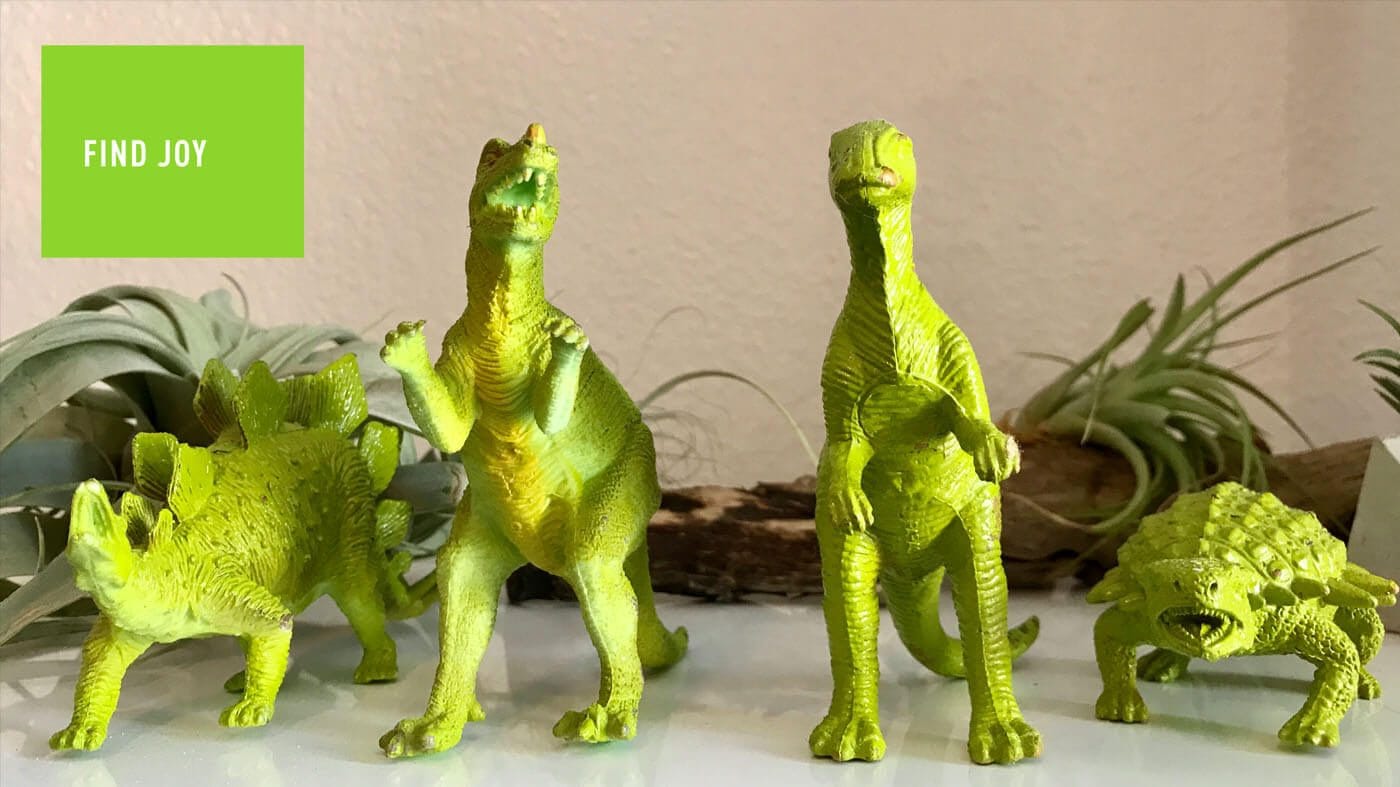
To find joy, you need to find balance. I work hard, everyone successful at my office works hard. I take great pride in working hard and honing my game. And I never understood how people could leave at 5 or 6 on the dot every day. Then I had my daughter Elle, and now I run out the door of my office at 6PM on the dot every night so I can be at home for bath time and put her to bed. This is not convenient, but it's so worth it. I am almost embarrassed how true all the cliches are about being a parent. I want to be clear: I am not recommending everyone has a kid, but you can make time. Before I had a kid, I learned Cinema4D for fun and I started DJing again. But as you'll read in this upcoming quote from Shane Mielke that I took to heart, sometimes it's good to focus on other things.
LOVE WHAT YOU DO. IF YOU LOVE WHAT YOU DO YOU WILL NEVER WORK A DAY IN YOUR LIFE. BUT BE CAREFUL NOT TO LET WHAT YOU LOVE RULE YOUR LIFE. IT'S EASY TO OVERWORK WHEN YOU'RE HAVING FUN BEING CREATIVE TO THE POINT THAT YOU DON'T HAVE A REAL LIFE OUTSIDE OF WORK.
Get That Cheddar
If you're working at a company, you should be excited to cheer for the company to be as profitable as possible. And, if you're running a business, as Gary Vaynerchuck says "Cash is oxygen for your organization." Oxygen is the freedom to pass on bad projects and to ride out a slump without layoffs. To get that money, you need to understand your bosses bonus. You need to understand how the company is making money, bring up missed opportunities and provide value. The fastest way to get ahead is to help someone else get ahead (your boss). The more people you help long term, the better it will eventually be for your bank account. Also to note, if you understand where your clients bonus comes from, you can gear your project to create success for them.
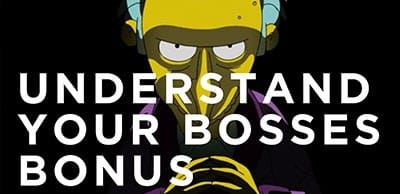
Another key to getting paid is to jump around. Staying employed at the same company for over two years is on average going to make you earn less over your lifetime by about 50%. You normally should get a 3% raise annually if you stay at your job, and you can expect a 10%-20% jump if you find an opportunity elsewhere. As an employer, this is sad, because I want to keep my employees. And I genuinely believe that people get better at their jobs by staying much longer than two years per company. So you need to look at what other jobs are out there, look at who is progressing inside your company and constantly be progressing yourself.
You've also got to get better at selling yourself and what you do. If you're asked what you do and reply "I am a graphic designer" it is a lot less interesting and informative than "I help real estate companies create new slaes leads by designing effective tools." If I'm your future employer, I'm now thinking "what tools can this person help me build," "this person understands the big picture," and "this lady is a bigshot." To reiterate, when you understand how your company and clients gain value, it allows you to be more effective at helping them, and in turn gives you the latitude to make more money and do what you want to do.
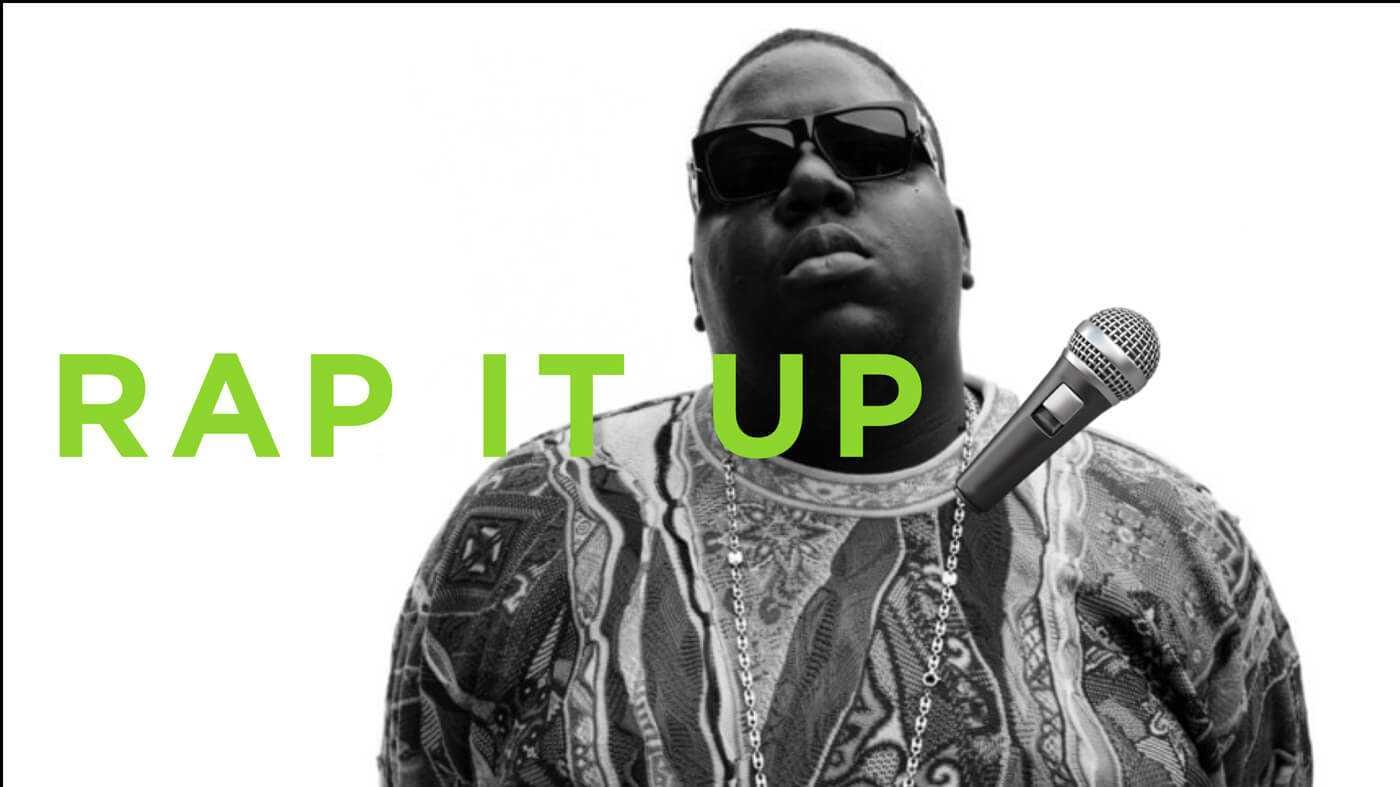
To wrap it up, for a great career you need to find joy, seek excellence, provide value and get that money. As I said in the beginning, these are simple concepts, but they can be difficult to execute. I want to leave you with a quote from a former Huge creative director and partner at Work & Co.
"Some advice I wish I had when I was getting started is the idea that this is a slow burn. Design careers are long. There is no hurry. You can be 40 or 50 or 60 and still producing great design work. All my favorite designers didn't get really great until late into their career, so, relax a bit and try to make decisions based on a longer timeline. If you can slow down and not worry so much about that next promotion or title change, or next job. Don't take that job that pays 20% more but you like 50% less. You have time, and the way to get everything you want: good work, good position, good pay, is to build up a consistent track record of putting out great things – and doing it in a way where people like working with you. Three things should be your focus: are you working on the kind of thing you want to be working on, is your output high quality, are you able to do your job in a friendly & ethical way. If you do those three things, in 20 years you'll be solid fucking gold. I know, nobody wants to hear about some long ass timeline like that, but that's what design careers look like, if you're any good – and thats a gift. Vignelli was designing until the day he died – we should all be so lucky. So – slow the fuck down. The current fashion of "sell out as fast as possible, get VC and burn yourself to death, fuck over anyone who gets in the way" is not sustainable, or good for design, or a good life. Take your time. It's much, much, much more valuable to have good experience than a fancy title or a bigger paycheck. You will get those things 10 fold if you take your time and do it right and focus on your craft, and your process."
Joe Stewart, Partner, Design, Work & Co.